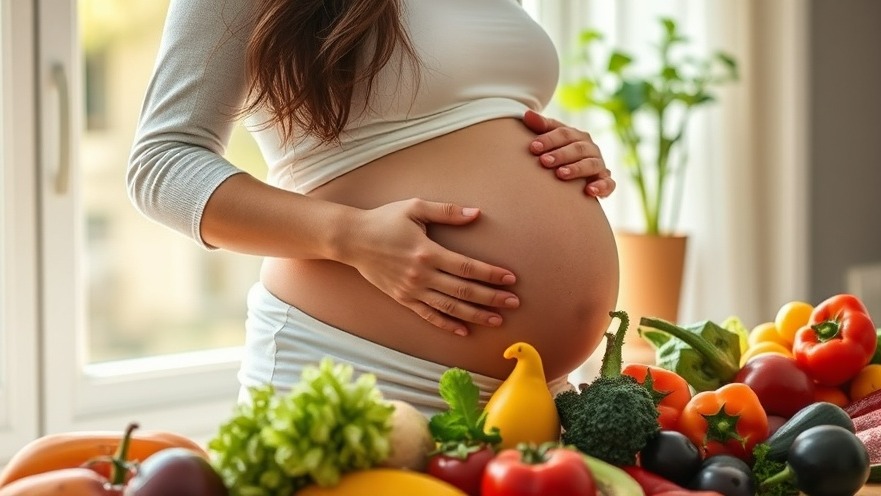
Understanding the Essential Nutrients for Pregnancy
Pregnancy is a beautiful journey, but it also comes with its own set of challenges. One of the most significant aspects to consider during this period is nutrition. A well-planned diet can help ensure the health of both mother and baby. Essential nutrients like folic acid, iron, calcium, and protein play crucial roles in supporting a healthy pregnancy.
Folic Acid: The Key to Preventing Birth Defects
Folic acid is a B-vitamin that is vital for the development of the baby's neural tube, which becomes the brain and spinal cord. Adequate intake of folic acid can significantly lower the risk of neural tube defects. It's recommended that pregnant women consume at least 600 micrograms of folate each day. This nutrient can be found in leafy greens, beans, and fortified foods.
Iron: The Building Block for Healthy Blood
Iron is essential during pregnancy since it helps in the formation of hemoglobin, which carries oxygen in the blood. Pregnant women require nearly double the amount of iron compared to non-pregnant adults, needing about 27 mg per day. Foods rich in iron include lean meats, poultry, fish, beans, and spinach. Pairing iron-rich foods with vitamin C sources like citrus fruits can enhance absorption.
Calcium: Strengthening Bones for Two
Calcium is another critical nutrient as it builds the baby's bones and teeth. A lack of calcium can lead to decreased bone density in mothers. Pregnant individuals should aim for about 1,000 mg of calcium daily, which can be sourced from dairy products, leafy greens, and fortified plant-based milks. Ensuring adequate calcium intake is not just about the baby’s health, but the mother’s long-term wellness as well.
The Importance of Protein: Fuel for Growth
Protein is a major building block for the baby’s cells and is crucial for the development of organs and tissues. During pregnancy, women should consume around 70 grams of protein daily. Excellent sources include lean meats, fish, eggs, beans, and nuts. Proteins also help maintain the mother’s strength and energy levels throughout the pregnancy.
Web of Nutrients: Integrating a Balanced Diet
While focusing on these key nutrients is important, expecting mothers should aim for a balanced diet that incorporates a variety of foods to ensure they meet their overall nutritional needs. Whole grains, fruits, vegetables, and healthy fats are essential for sustaining energy levels and overall health during this transformative period.
Engaging with Patients: The Role of Concierge Practices
For concierge medical practices, understanding the nutritional needs of pregnant patients can help build stronger relationships. Offering workshops, resources, or personalized nutritional guidance can not only promote patient wellness but also establish the practice as a trusted source of comprehensive care. Providing tailored care makes patients feel valued and connected, enhancing their experience and satisfaction.
Common Myths About Pregnancy Nutrition: Debunked!
There are many misconceptions about pregnancy diets, such as the notion that pregnant women should “eat for two.” In reality, it’s about eating more nutritious foods rather than simply increasing portion sizes. The focus should be on quality over quantity to ensure adequate nutrient intake without excessive weight gain.
Looking Ahead: Future Trends in Pregnancy Nutrition
As more research emerges, the focus on personalized nutrition in pregnancy is likely to become more relevant. Expecting mothers will benefit greatly from advances in understanding how tailored diet plans can positively impact birth outcomes and mother’s health. Concierge medical practices that stay ahead of these trends will not only improve patient care but also solidify their standing within the community.
 Add Row
Add Row  Add
Add 




Write A Comment